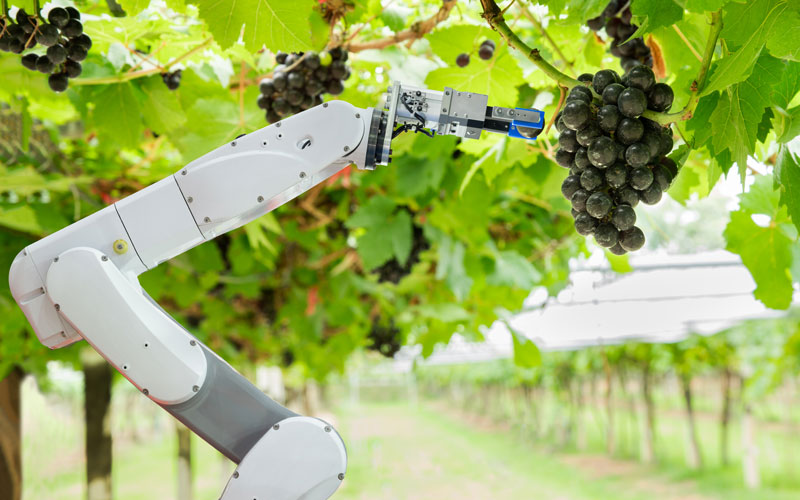A Real Life Obstacle Course

Ugh. The term ‘shit show’ is often overused, but for many participants in the British food system, from growers to distribution, it’s probably a bit of an under-statement at this time.
The causes of the current operating challenges are multiple but let us be clear, the present UK food industry context is not all about Brexit, far from it. The Conservative Government may have won the Brexit battle but seems determined to lose the war.
The aspiration to control borders has merit, indeed, it is common sense. Whilst so, if British people can not and will not work, not even in response to rising wages, then alternative factors of production are needed by the industry. In the long run automation will replace more labour in the UK than may have been needed otherwise because people have effectively been re-priced. This started some years ago with the national minimum wage, which was the first measure to counter Tony Blair’s flood of the country with largely eastern European workers; a Labour Prime Minister reducing the pricing power of working people – remarkable.
Whilst so, automation takes time to implement, and it’s currently the case that supply issues also persist in process technology delivery, compounding current pressures. This shows us that Britain is not alone in facing labour matters, the reason being that millions of people have left the labour market worldwide through the pandemic.
With the labour shortages and corresponding increases in wages, there is no doubt that many businesses will be re-assessing the value and worth of machines over people. Which brings us back to the present blindness and deafness of Government; all the workings of the state, the Ministers, their hangers-on and the Civil Service.
Controlling immigration may be one thing but frankly ignoring the protestations of industry representatives and leaders in genuine need is quite another. Hence, current operative shortages from farms and meat plants to haulage fleets was materially avoidable if greater flexibility had been shown by the state around pinch points in the British food system labour market.
The outcome of all this nonsense is product shortages, as crops are not planted and animals are not bred. Rising costs and lower choice as businesses prioritise their output. Plus, gaps on the supermarket shelves, maybe the restaurant menu too, as lack of goods and vehicle drivers combine. Accordingly, through little of the industry’s doing, shoppers will face higher prices, as elevated costs need to be recovered, and less choice – especially perhaps with seasonal fresh and chilled lines at Christmas 2021; many workers will, to be balanced, be a bit more flush.
It will be interesting to see how shoppers and wider society embraces this reality and whether or not it has any political ramifications. Back with the industry, many firms are in the process of seeking to recover higher costs through price increases whilst thinking strategically about their future operating costs. Automation, with higher wages will be rising up the agenda; over the next couple of years there is likely to be a stepped change in automated activity, which will in time reduce demand.
In the meantime, do not expect much help from the Government and do plan for sustained challenges when it comes to labour market shortages. Hopefully, fuel shortages will be quite short lived – as an aside, why the army was not introduced into the equation much earlier than it has been, is but one further example of how ill prepared our authorities are.
So, a ‘shit show’ that really did not need to happen, which is good for the wages of some and bad for shoppers and the profitability of businesses where there is poor pricing power.
Businesses do not stand still though, and in Coriolis there is an applied advisory resource that is in touch with reality, can deliver solutions at the coal face and be part of a journey to hopefully more efficient, stable, resilient and profitable times.
Dr Clive Black
Senior Advisor to Coriolis Consulting
October 2021








